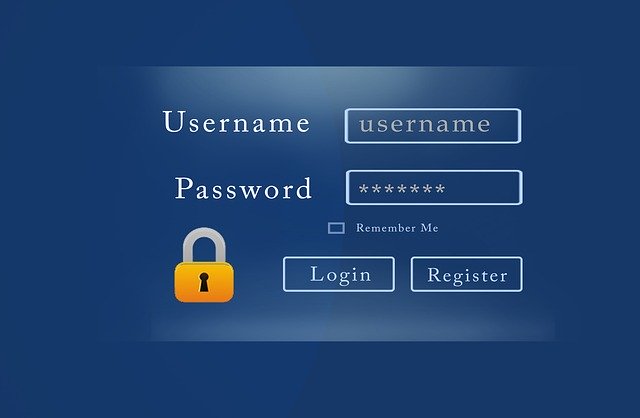How Can Teenagers Stay Safe Online?
The internet is a useful tool for many purposes. Keeping in touch with friends and family, job hunting, and keeping up to date with world news is much easier with the internet.
However, the internet can also be a tool for less honest purposes. There are plenty of people online who are willing to lie, scam, and cheat to get what they want. Teens can be a vulnerable group of people that are frequently targeted by these malicious users of the internet.
In this article, we’ll be discussing some common problems, as well as ways teens can avoid them and stay safe online.
Privacy
The number one thing to make sure you and your teen consider online is privacy. It’s important to remember to always keep personal information private. Most social media websites and apps have a privacy setting that you can customize. Make sure your teen’s settings are always set to the highest level of privacy.
For example, Instagram has a setting that sets your account to private. This means that until you approve someone following you, they won’t be able to see any of your posts. Tell your teen to keep this setting on, and never to add anyone they don’t know onto their social media networks.
Use Antivirus Software and Make Sure It’s Updated
Viruses, worms, and malware are all software designed to affect and harm your computer. They can also install spyware, which is software that can steal your personal and private information.
The best way to keep yourself and your teen safe from this kind of software is to install antivirus and antispyware software. This software is built to protect your computer from these harmful worms and viruses, as well as dismantle them. It’s also important to keep this software updated, as hackers and cybercriminals are constantly updating their software. Most antivirus software has the option of setting it to update automatically, so you don’t even have to think about it.
Use Strong Passwords for All Accounts
Social media or otherwise, if you have to use a password for something, make sure it’s a good one. The best passwords are long and difficult to guess. Sentences are great, and using a combination of uppercase and lowercase letters along with numbers and special characters will increase the strength of your password.
Also, make sure your teen never shares their passwords—with anyone. Passwords should be known to the person using them only.

Finally, your teenager should use a different password for every account they have. This means that even if someone steals or figures out the password to one of their accounts, they won’t be able to access all of them.
Tell Your Teenager to Be Careful What They Post
Even with privacy settings on maximum, it’s still important to think before you post. Remind your teenager that privacy settings only keep them safe as long as they are also smart about what they share online.
While it’s possible to delete a post, it’s also possible for other users to screenshot and save that same post before it’s deleted. And once those posts are saved, it’s impossible to delete those copies. So make sure your teenager knows that before they post or share anything, they should think about whether they’d want family members or potential employers to see it.

Also, make sure that they never send or share compromising or explicit images or posts.
Be Careful What Links You Click
Malicious users on the internet frequently use social media to share links or posts that contain malware or other software that could harm your computer or compromise personal information.
Make sure that your teen knows to double-check any link before clicking on it. They should never click on a link or attachment that comes from someone they don’t know.
Many cybercriminals also take over social media accounts to spread malware and viruses. So even if a friend shares something, teach your teenager what to keep an eye out for. Anything advertising free products or vacations is suspicious. If you or your teen aren’t sure about something, it’s best not to click it at all.
Sign Off When You’re Done
Even if you’re using a home terminal to access the internet, it’s important to remind your teen to sign off when they’re done online. This prevents people from easily retrieving personal information.
While the internet can be an amazing way to stay connected to friends and family, you and your teen need to recognize that there are still dangers online. By taking basic safety precautions like the ones listed above, you can make sure that your teen has a safe and fun time while they’re online. So remind them to choose strong passwords, be cautious of what they click and share while online, sign off all their accounts when they’re done using them, and always keep private information exactly that—private.
